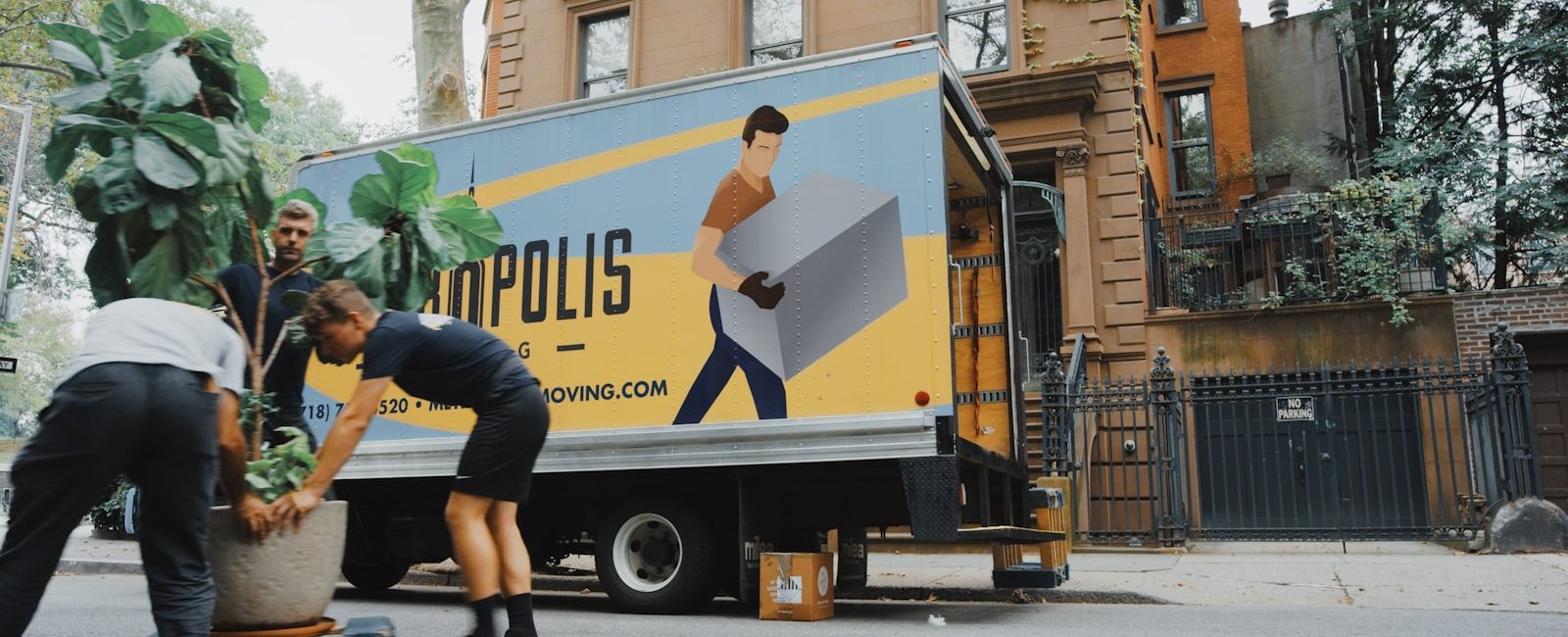
Hiring moving services can make relocating much easier and more efficient, especially if you’re dealing with a large number of belongings or moving a long distance. However, not all moving companies are created equal, and finding the right service requires careful consideration. From reliability to pricing, here are key things to consider when hiring moving services to ensure a smooth and hassle-free move.
1. Research the Company’s Reputation
The reputation of a moving company is a critical factor when deciding who to hire. A company’s past performance can give you insight into the quality of its service.
- Read reviews and testimonials: Start by reading customer reviews online. Sites like Yelp, Google Reviews, and Better Business Bureau (BBB) are great resources to find feedback from previous customers. Pay attention to patterns in reviews, such as frequent complaints about broken items or delays.
- Ask for recommendations: Word-of-mouth recommendations from friends, family, or colleagues who have recently moved can be a great way to find a reliable company.
- Check for complaints: Look up any complaints against the moving company with consumer protection agencies like the BBB or the Federal Motor Carrier Safety Administration (FMCSA) for interstate movers.
Hiring a company with a strong reputation will give you peace of mind that your belongings will be handled with care.
2. Understand the Pricing Structure
Pricing for moving services can vary significantly depending on the distance of your move, the amount of belongings, and the services required. Before making a decision, be sure you understand the pricing structure of the moving company.
- Get multiple quotes: Contact several moving companies to request estimates and compare their pricing. Ensure that the quotes are itemized and include all services, such as packing, loading, and transportation. This will help you avoid unexpected costs later.
- Flat-rate vs. hourly pricing: Some movers charge a flat rate based on the size and distance of the move, while others charge hourly rates. Be aware of which pricing model the company uses and choose the one that best suits your budget and moving needs.
- Be cautious of low estimates: If a company’s estimate seems significantly lower than others, it may be a red flag. Low-ball estimates can often lead to added fees later in the process or indicate subpar service.
Understanding the pricing structure and ensuring transparency will help you avoid hidden costs and make an informed decision.
3. Verify the Company’s Licensing and Insurance
A legitimate moving company should be licensed and insured, especially if you’re moving across state lines. This protects both you and your belongings in case of accidents or damage during the move.
- Check for licenses: For interstate moves, ensure that the company has a U.S. Department of Transportation (DOT) number, which can be verified on the FMCSA website. Local moves may have state-specific requirements, so verify the company’s credentials in your area.
- Ask about insurance coverage: A reliable moving company should offer basic liability coverage, which typically compensates a set amount per pound of your items. However, this may not fully cover high-value items, so consider purchasing additional insurance for extra protection.
- Ensure workers are insured: Confirm that the company’s employees are covered by workers’ compensation insurance. This protects you from liability if a mover is injured on your property.
Verifying licensing and insurance helps ensure that you’re dealing with a legitimate, responsible company.
4. Consider the Services You Need
Not all moves are the same, and your moving company should offer services that fit your specific needs. When hiring movers, it’s important to consider the level of service required for your move.
- Full-service vs. labor-only movers: If you want the company to handle everything from packing to unpacking, opt for a full-service mover. If you’re only looking for help with heavy lifting or transportation, labor-only movers may be a more affordable option.
- Specialized moving services: If you have delicate, oversized, or high-value items such as pianos, artwork, or antiques, ask whether the company offers specialized moving services. These items require extra care and equipment to transport safely.
- Storage options: If your move-in date doesn’t align with your move-out date, or if you need extra time to settle into your new place, check whether the company offers storage services.
Matching your specific moving needs to the services offered by the company will ensure a smoother, more tailored moving experience.
5. Review the Contract Carefully
Before signing any contract with a moving company, it’s essential to read the fine print and understand all terms and conditions. A well-drafted contract can prevent future disputes and ensure that both parties are clear on the agreement.
- Get everything in writing: Ensure that all details, including the estimated cost, services provided, and timeline, are written into the contract. Verbal agreements should be avoided.
- Understand the liability for damages: Review the company’s policy on damaged or lost items. Make sure you know what compensation you’re entitled to if any belongings are damaged during the move.
- Check cancellation and refund policies: Life can be unpredictable, and you may need to change your moving plans. Review the company’s cancellation or refund policy to understand your rights if you need to make changes to the agreement.
By carefully reviewing the contract, you’ll avoid misunderstandings and have a clear understanding of the services you’re receiving.
Conclusion
Hiring moving services can simplify your relocation, but it’s essential to choose the right company. By researching their reputation, understanding pricing, verifying licenses and insurance, evaluating the services offered, and thoroughly reviewing the contract, you can ensure a stress-free and successful move. Taking the time to make informed decisions will help protect your belongings and give you peace of mind as you settle into your new home.












